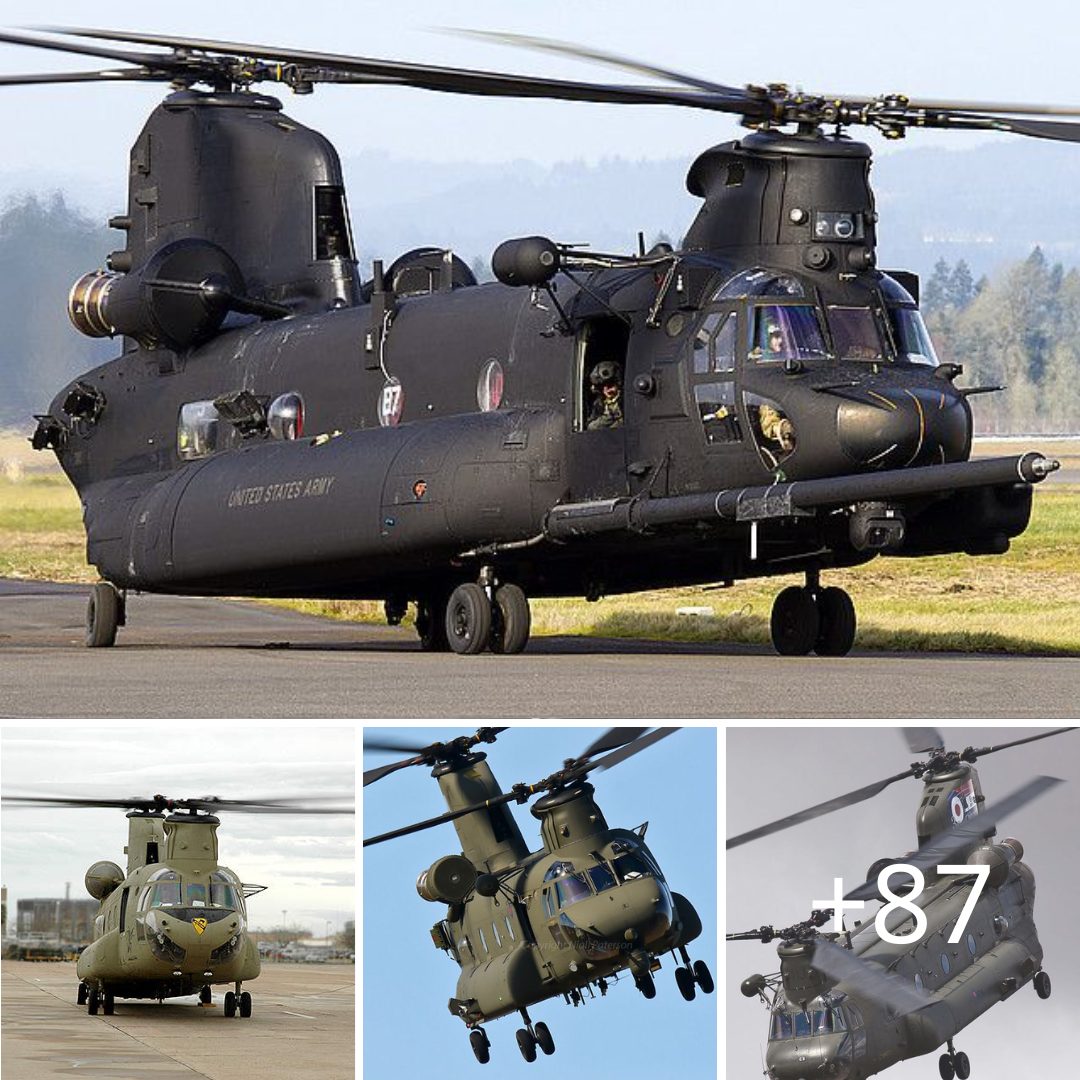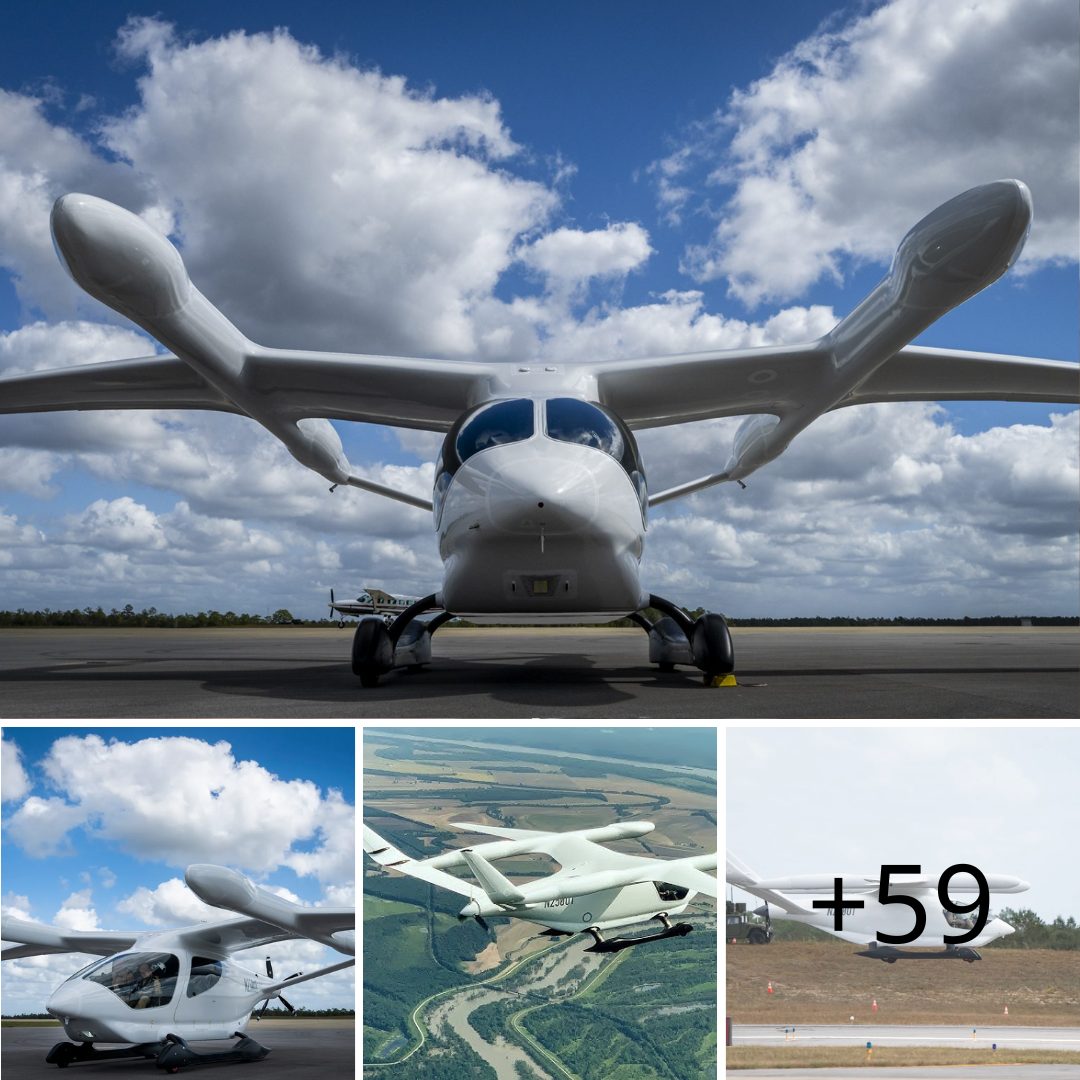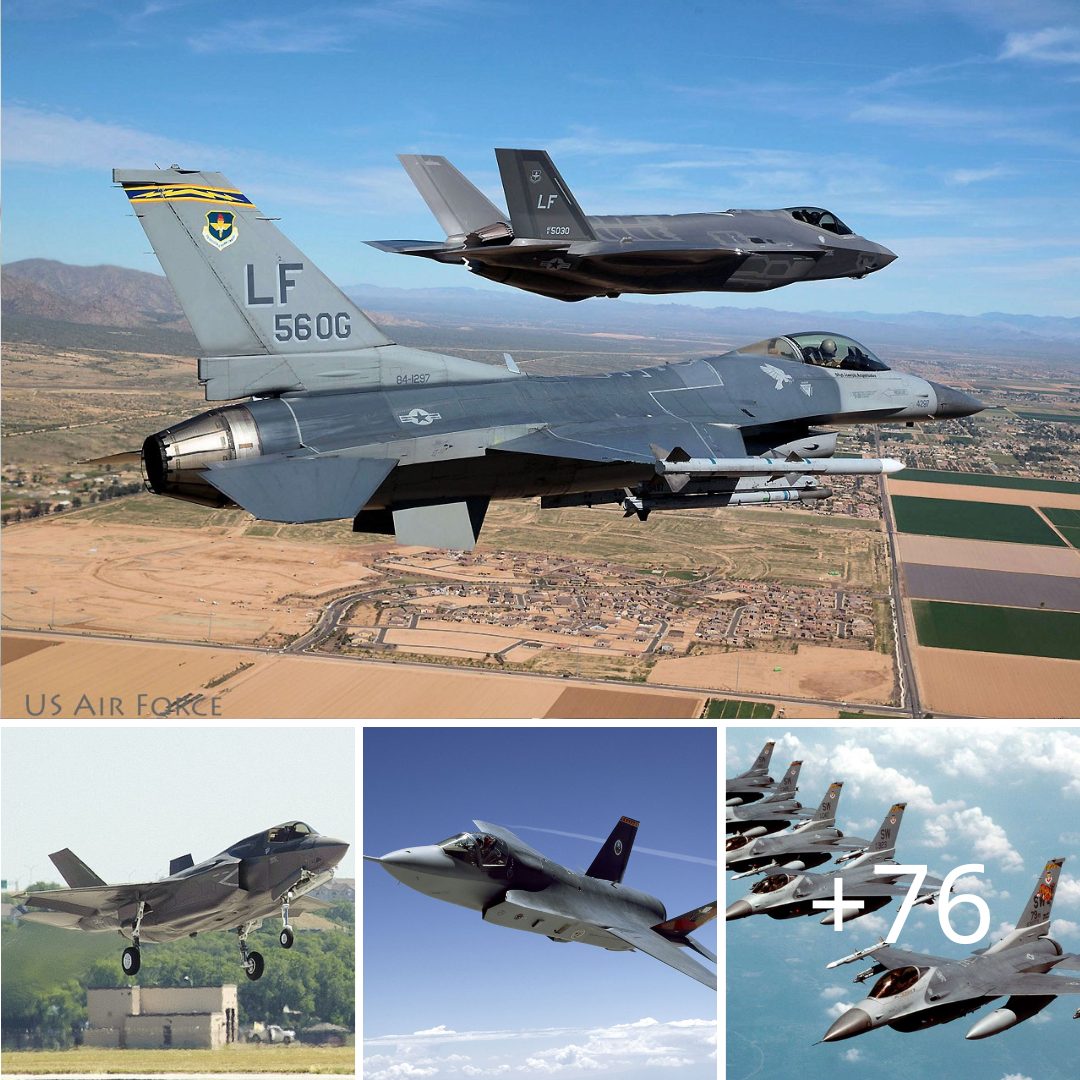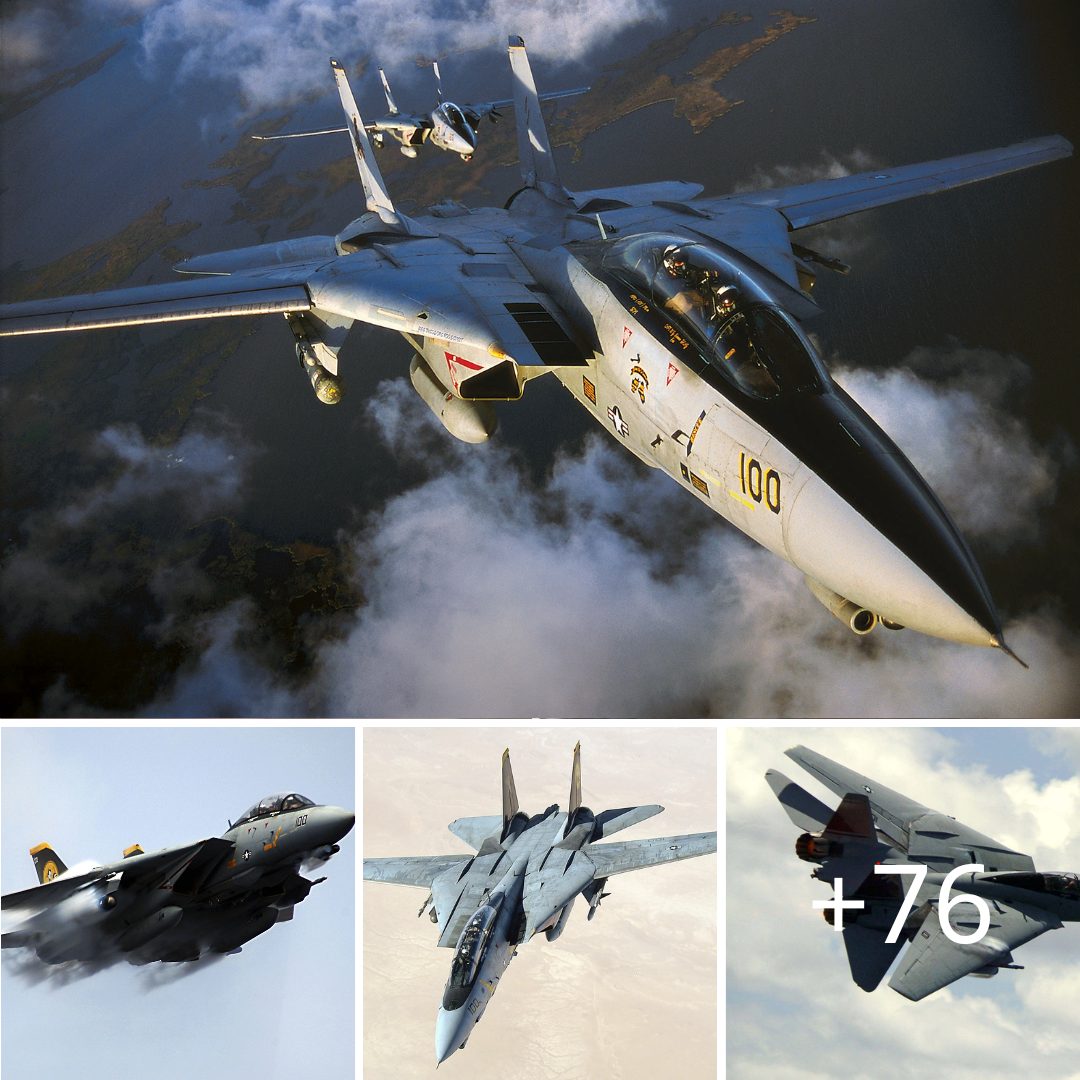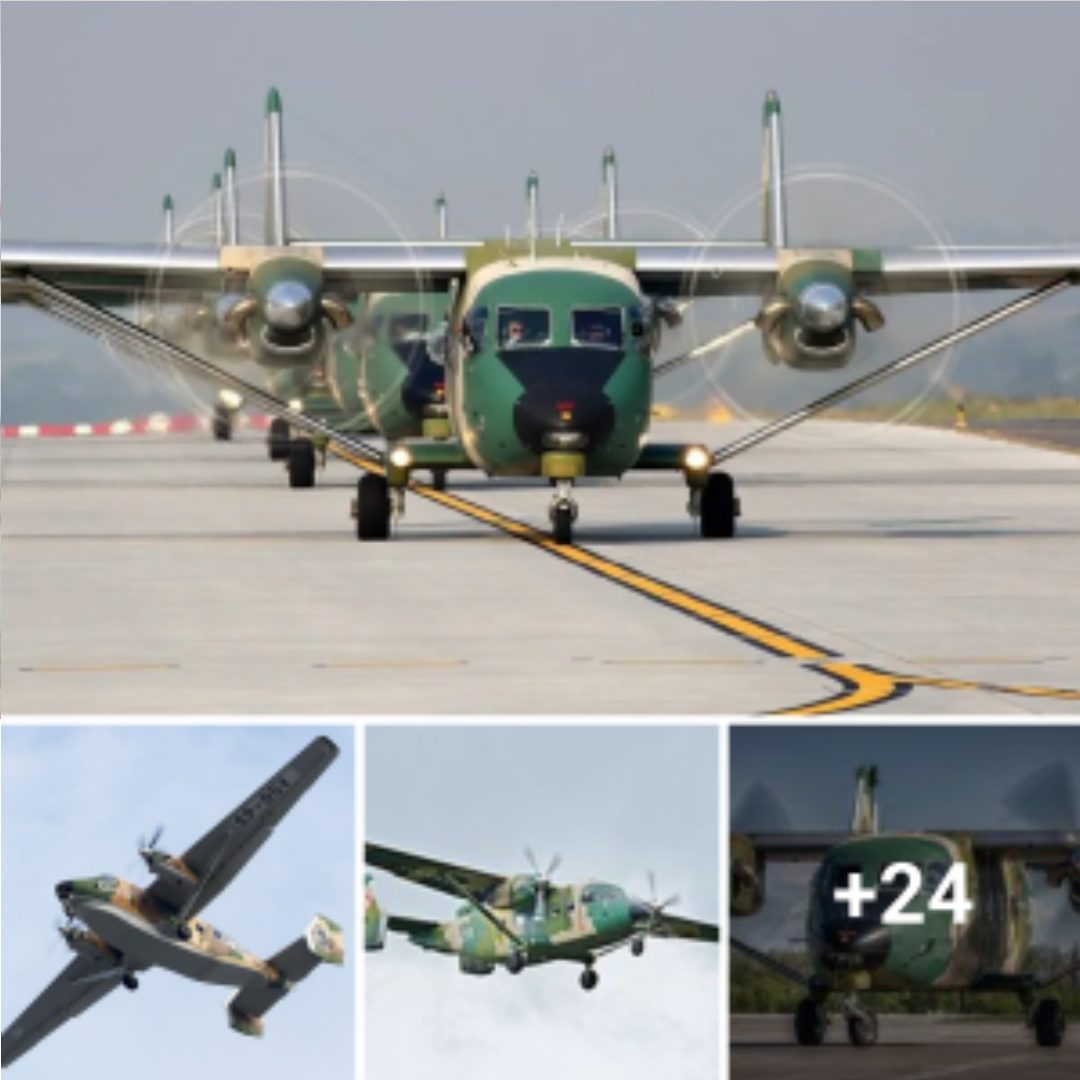A viral video that appeared on the popular video app TikTok in March 2022 shows the cockpit view of a U.S. Air Force F-15 Eagle as its pilot tries to outmaneuver a mock enemy F-15 on his tail during training.
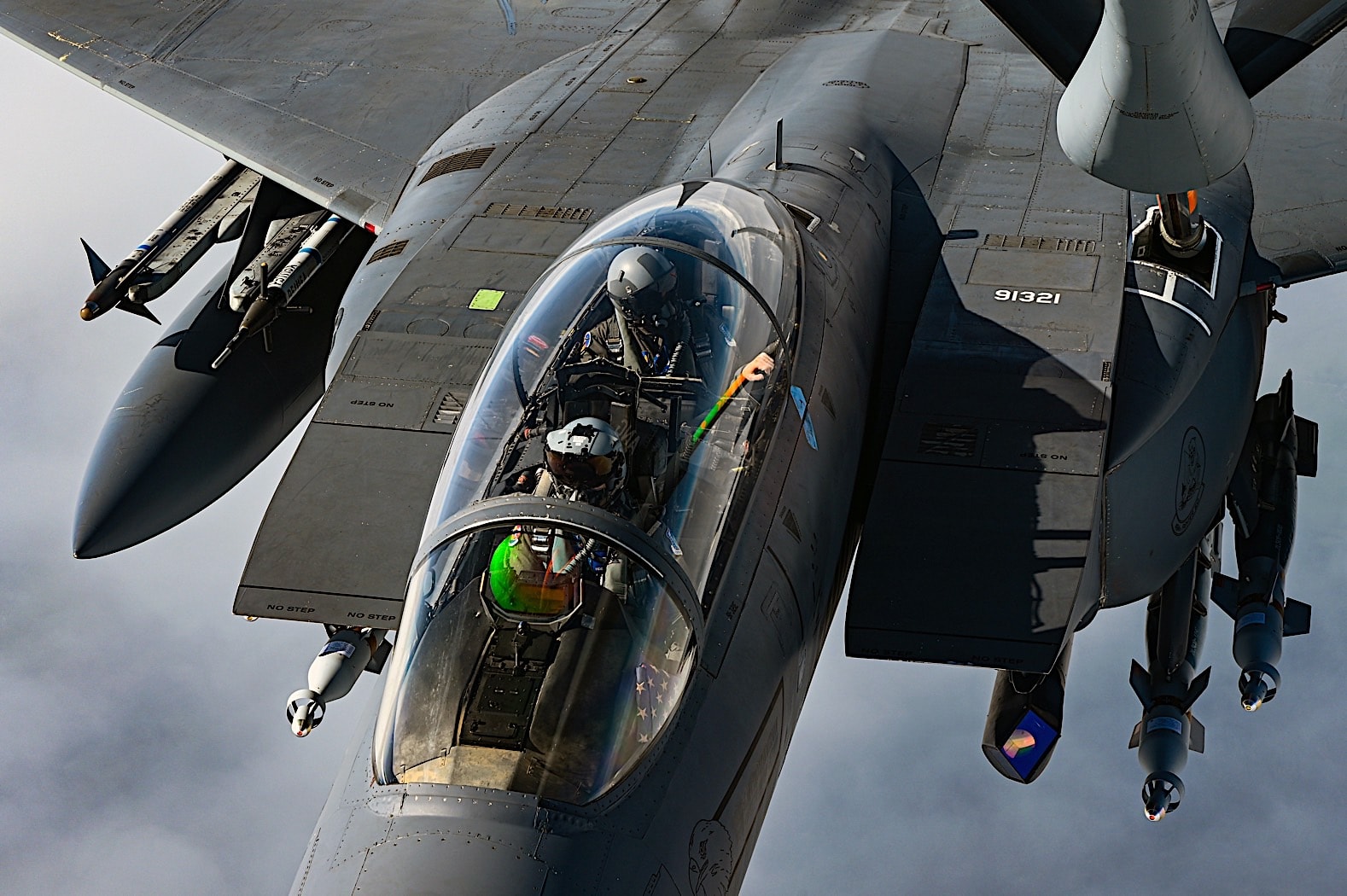
The video, shared on TikTok by the account Combat_Aviationist, and previously highlighted by Task & Purpose, shows a selfie-view of an F-15 pilot flying tight turns to get another F-15 in pursuit to overshoot him and go from being the hunter to the hunted. Throughout the video, the pursuing F-15 can be seen trying to match the turns of the lead pilot and stay on his tail.


The original TikTok video garnered more than 677,000 views and more than 1,700 comments in the first days after it was posted.
The video itself was taken during aerial combat training near Nellis Air Force Base, Nevada.
The original TikTok video garnered more than 677,000 views and more than 1,700 comments in the first days after it was posted.
The video itself was taken during aerial combat training near Nellis Air Force Base, Nevada.
Nellis Air Force Base is the host of the Air Force Weapons School. It also hosts Exercise Red Flag, annual advanced aerial combat exercises with participants from the U.S. and dozens of allied and partner nations. According to the Air Force, more than 30 allied nations have participated throughout Exercise Red Flag’s history. Portions of Exercise Red Flag 2022 concluded last week.
Trevor Aldridge, a former Air Force F-15C and F-16 Falcon pilot for the Air Force Thunderbirds told Task & Purpose the TikTok footage was, “One of the best 3k defensive videos I’ve seen made,” with “3k” referring to a training scenario where opposing fighter jets simulate aerial combat starting from 3,000 feet apart, a relatively close engagement. Aldridge referred to the pilot being pursued as the defending pilot.
“Anything beyond that really turns into high-aspect [basic flight maneuvers], which we also practice,” Aldridge told Task & Purpose. “It’s all building blocks to be ready for any type of fight you find yourself in.”
Aldridge noted the defending pilot also launched flares throughout the video, which are meant to prevent the attacking pilot from being able to launch a simulated heat-seeking missile shot. The defending pilot mostly uses these flares when the attacking pilot is further away, nearing missile range. As the attacking pilot closes in during the chase, the defender’s maneuvers become more important for avoiding the attacker’s simulated shots from the jet’s gun.
Drew Armey, another F-15C pilot, told Task & Purpose the video demonstrated the defending F-15 pilot’s control over his aircraft throughout the close maneuvers. During the video, rather than looking inward at the instruments in his cockpit, the defending pilot was able to fly by feel and instead look backward to see where the attacking fighter jet was positioned.
“I want to max-perform the Eagle by feel and noise without having to look inside the cockpit,” Armey said. “Not looking inside at gauges, that’s a s𝓀𝒾𝓁𝓁 versus instrument flying, when you’re eyes-inside.”
The moments of tight maneuvers at a close distance create risks for the attacking pilot to fly past his opponent and opportunities for the defending pilot to flip the engagement and become the attacker.
Soucre: americanmilitarynews.com

